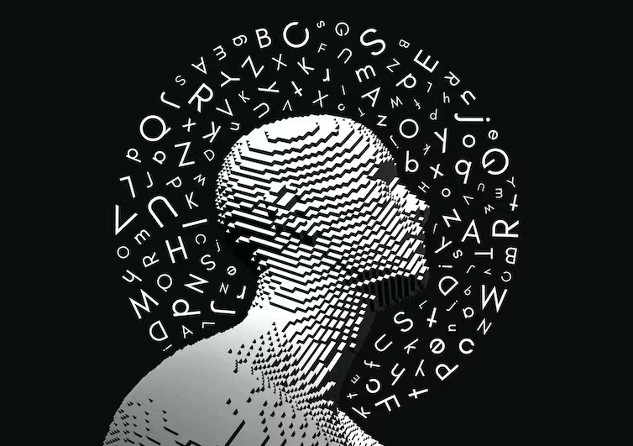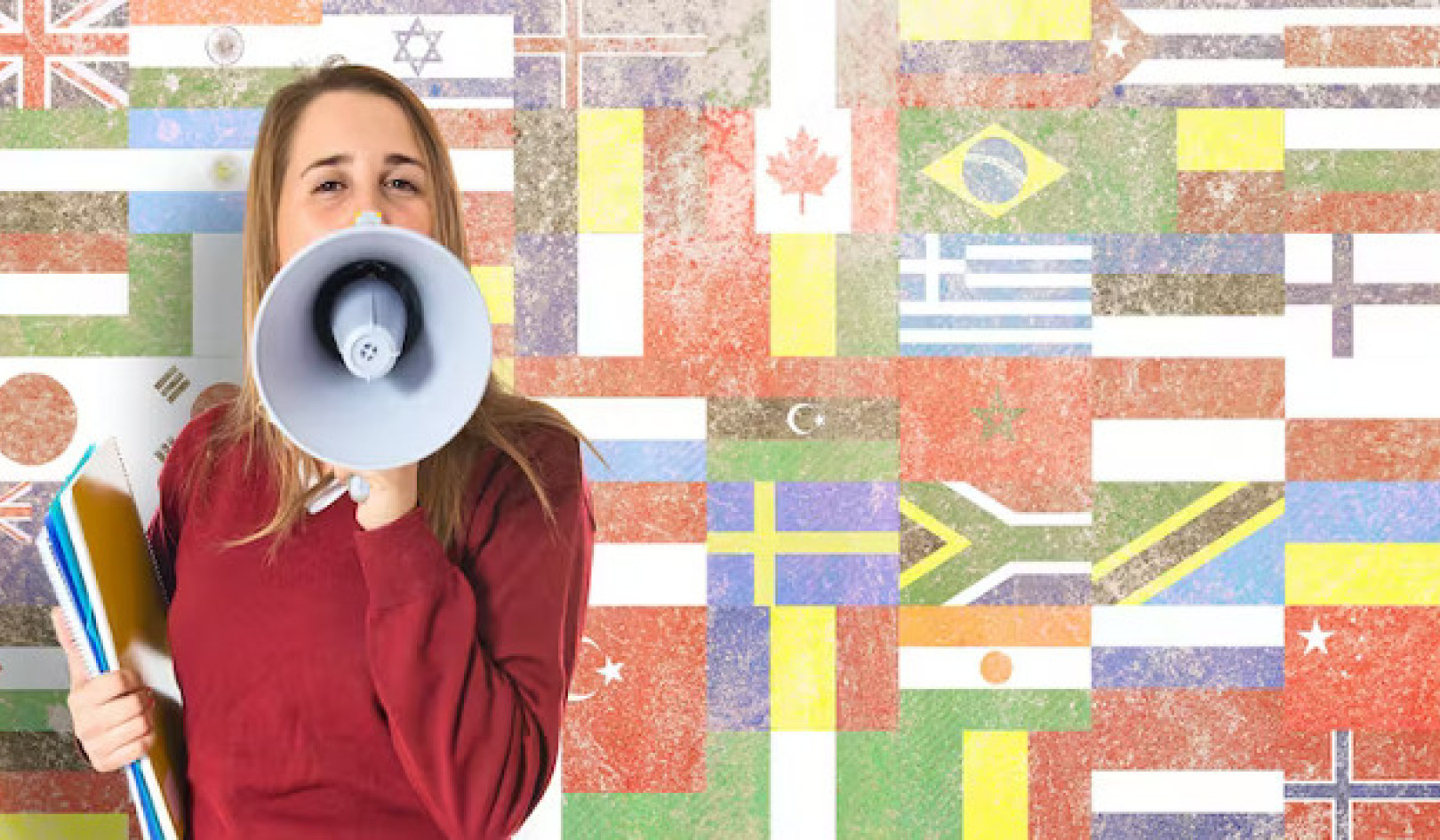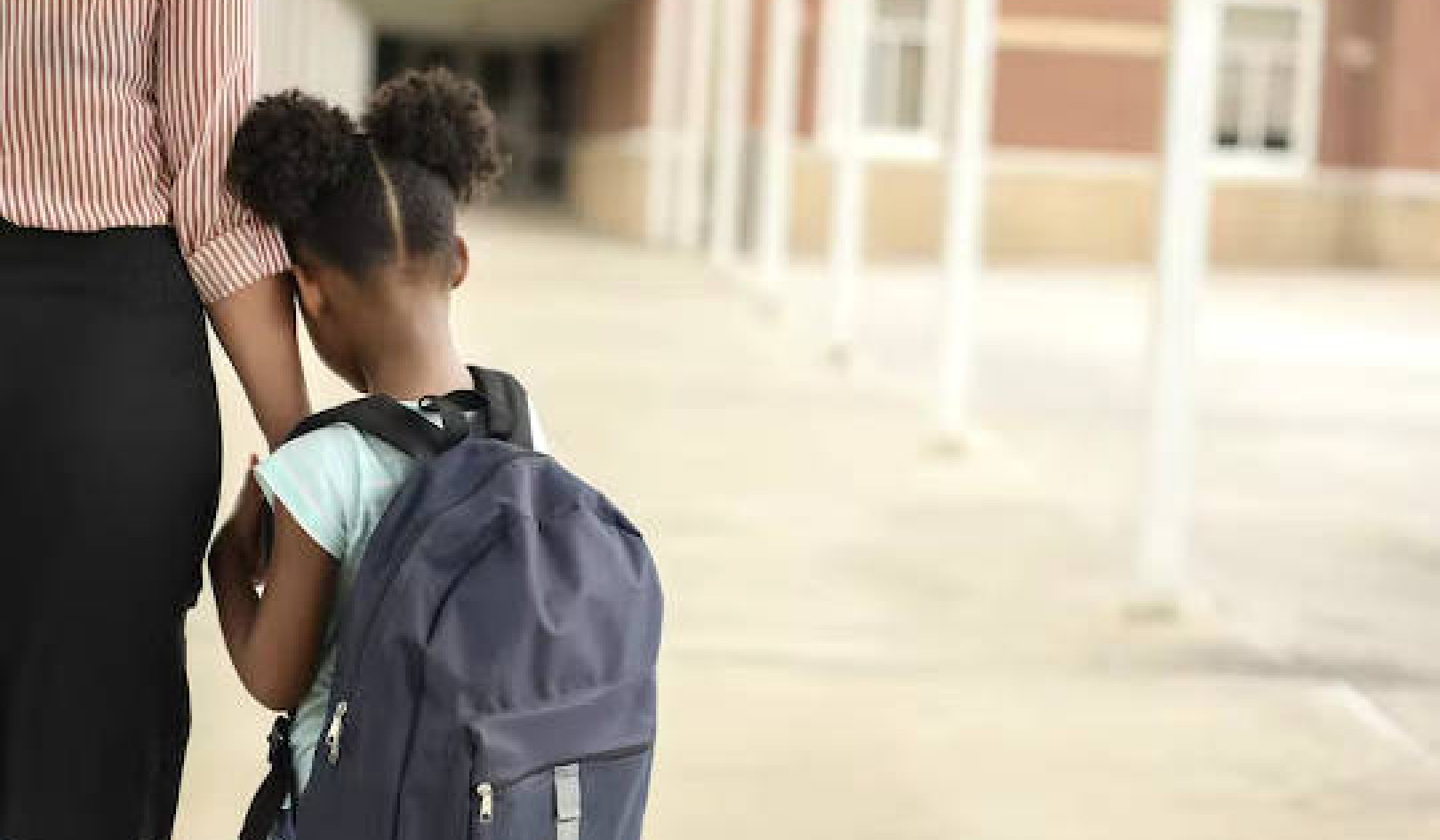
Your brain processes letters, words, sounds, semantics and grammar at breakneck speed. StudioM1/iStock via Getty Images Plus
The days of having a dictionary on your bookshelf are numbered. But that’s OK, because everyone already walks around with a dictionary – not the one on your phone, but the one in your head.
Just like a physical dictionary, your mental dictionary contains information about words. This includes the letters, sounds and meaning, or semantics, of words, as well as information about parts of speech and how you can fit words together to form grammatical sentences. Your mental dictionary is also like a thesaurus. It can help you connect words and see how they might be similar in meaning, sound or spelling.
As a researcher who studies word retrieval, or how you quickly and accurately pull words out of your memory to communicate, I’m intrigued by how words are organized in our mental dictionaries. Everyone’s mental dictionary is a little bit different. And I’m even more intrigued by how we can restore the content of our mental dictionaries or improve our use of them, particularly for those who have language disorders.
Language is part of what makes humans special, and I believe everyone deserves the chance to use their words with others.
Your mental dictionary
While a physical dictionary is helpful for shared knowledge, your personal mental dictionary is customized based on your individual experiences. What words are in my mental dictionary might overlap with the mental dictionary of someone else who also speaks the same language, but there will also be a lot of differences between the content of our dictionaries.
You add words to your mental dictionary through your educational, occupational, cultural and other life experiences. This customization also means that the size of mental dictionaries is a little bit different from person to person and varies by age. Researchers found that the average 20-year-old American English speaker knows about 42,000 unique words, and this number grows to about 48,000 by age 60. Some people will have even larger vocabularies.
By now, you might be envisioning your mental dictionary as a book with pages of words in alphabetical order you can flip through as needed. While this visual analogy is helpful, there is a lot of debate about how mental dictionaries are organized. Many scholars agree that it’s probably not like an alphabetized book.
Scientists created an interactive map of which brain areas respond to hearing different words.
One widely rejected theory, the grandmother cell theory, suggests that each concept is encoded by a single neuron. This implies that you would have a neuron for every word that you know, including “grandmother.”
While not accepted as accurate, the aspect of the grandmother cell theory suggesting that certain parts of the brain are more important for some types of information than others is likely true. For example, the left temporal lobe on the side of your brain has many regions that are important for language processing, including word retrieval and production. Rather than a single neuron responsible for processing a concept, a model called parallel distributed processing proposes that large networks of neurons across the brain work together to bring about word knowledge when they fire together.
For example, when I say the word “dog,” there are lots of different aspects of the word that your brain is retrieving, even if unconsciously. You might be thinking about what a dog smells like after being out in the rain, what a dog sounds like when it barks, or what a dog feels like when you pet it. You might be thinking about a specific dog you grew up with, or you might have a variety of emotions about dogs based on your past experiences with them. All of these different features of “dog” are processed in slightly different parts of your brain.
Using your mental dictionary
One reason why your mental dictionary can’t be like a physical dictionary is that it is dynamic and quickly accessed.
Your brain’s ability to retrieve a word is very fast. In one study, researchers mapped the time course of word retrieval among 24 college students by recording their brain activity while they named pictures. They found evidence that participants selected words within 200 milliseconds of seeing the image. After word selection, their brain continued to process information about that word, like what sounds are needed to say that chosen word and ignoring related words. This is why you can retrieve words with such speed in real-time conversations, often so quickly that you give little conscious attention to that process.
Until … you have a breakdown in word retrieval. One common failure in word retrieval is called the tip-of-the-tongue phenomenon. It’s the feeling when you know what word you want to use but are unable to find it in that moment. You might even know specific details about the word you want, like other words with similar meaning or maybe the first letter or sound of that word. With enough time, the word you wanted might pop into your mind.
These tip-of-the-tongue experiences are a normal part of human language experience across the life span, and they increase as you grow older. One proposed reason for this increase is that they’re due to an age-related disruption in the ability to turn on the right sounds needed to say the selected word.
For some people, though, tip-of-the-tongue experiences and other speech errors can be quite impairing. This is commonly seen in aphasia, a language disorder that often occurs after injury to the language centers of the brain, such as stroke, or neurodegeneration, such as dementia. People with aphasia often have difficulty with word retrieval.
Fortunately, there are treatments available that can help someone improve their word retrieval abilities. For example, semantic feature analysis focuses on strengthening the semantic relationships between words. There are also treatments like phonomotor treatment that focus on strengthening the selection and production of speech sounds needed for word production. There are even apps that remotely provide word retrieval therapy on phones or computers.
The next time you have a conversation with someone, take a moment to reflect on why you chose the specific words you did. Remember that the words you use and the mental dictionary you have are part of what make you and your voice unique.![]()
Nichol Castro, Assistant Professor of Communicative Disorders and Sciences, University at Buffalo
This article is republished from The Conversation under a Creative Commons license. Read the original article.

Related Books:
Atomic Habits: An Easy & Proven Way to Build Good Habits & Break Bad Ones
by James Clear
Atomic Habits provides practical advice for developing good habits and breaking bad ones, based on scientific research on behavior change.
Click for more info or to order
The Four Tendencies: The Indispensable Personality Profiles That Reveal How to Make Your Life Better (and Other People's Lives Better, Too)
by Gretchen Rubin
The Four Tendencies identifies four personality types and explains how understanding your own tendencies can help you improve your relationships, work habits, and overall happiness.
Click for more info or to order
Think Again: The Power of Knowing What You Don't Know
by Adam Grant
Think Again explores how people can change their minds and attitudes, and offers strategies for improving critical thinking and decision making.
Click for more info or to order
The Body Keeps the Score: Brain, Mind, and Body in the Healing of Trauma
by Bessel van der Kolk
The Body Keeps the Score discusses the connection between trauma and physical health, and offers insights into how trauma can be treated and healed.
Click for more info or to order
The Psychology of Money: Timeless lessons on wealth, greed, and happiness
by Morgan Housel
The Psychology of Money examines the ways in which our attitudes and behaviors around money can shape our financial success and overall well-being.























